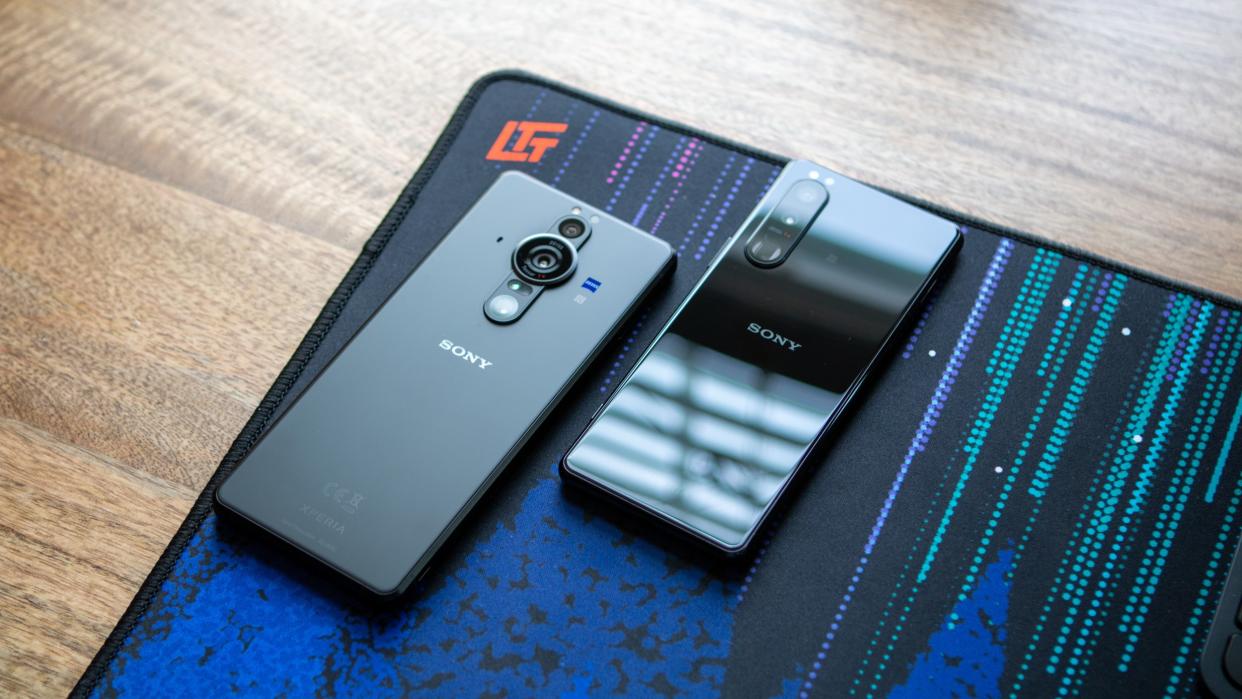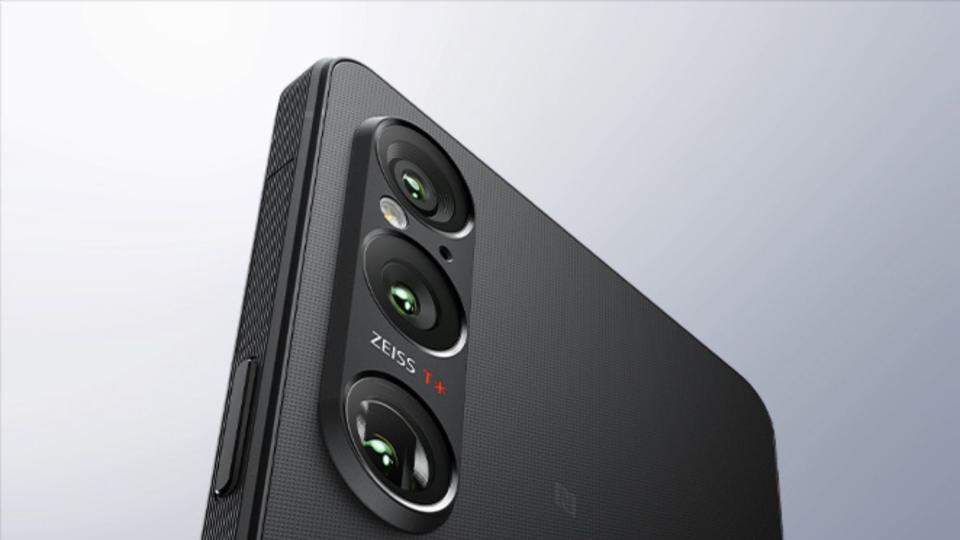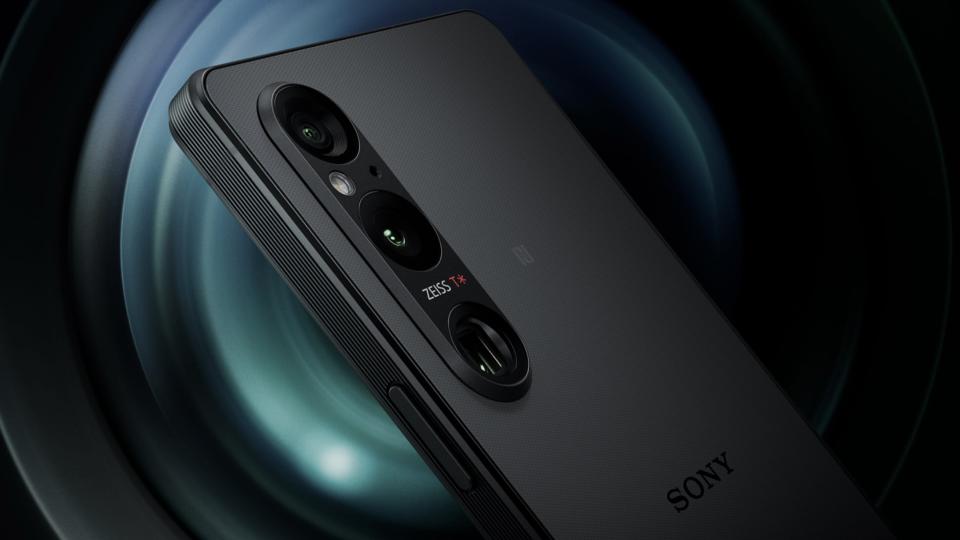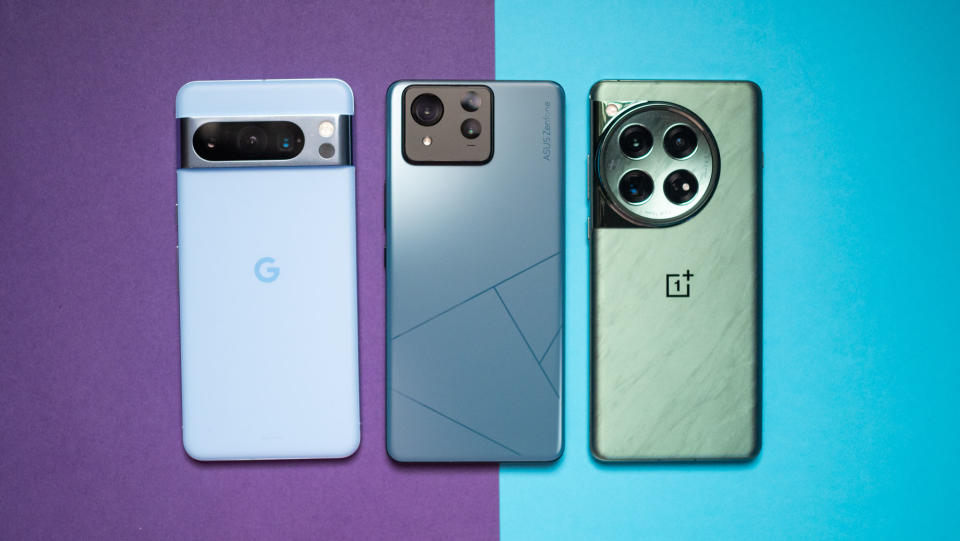As Sony's mobile sales fall fast, I still don't know why Xperia exists — and that's the problem

What you need to know
An IDC analyst shared in a Bloomberg newsletter that sales for Sony's smartphone business dropped 40% last year.
The drops are expected to continue as Sony's Xperia brand struggles to compete with the likes of Apple and Google.
Sony is teasing the launch of a new Xperia phone during a May 15 announcement, and it is rumored to be targeting more of a mainstream audience.
Sony is just days away from launching a brand-new Xperia phone, and this reveal sounds like it will have a big impact on what mobile offerings from the company will look like moving forward. Per rumors and leaks, the smartphone is expected to depart somewhat from Sony's typical strategy for handsets, which is to lean into the company's photography prowess and target the niche and premium markets. The strategy shift comes as Sony's mobile sales continue to take massive hits, according to data shared in a Bloomberg newsletter.
Masafumi Inbe, an analyst for IDC, spoke to Bloomberg about Sony's struggles with Xperia, which have stretched even to its home market in Japan. Apple has a powerful user base in Japan and found success in bringing the iPhone to that market. Now, part of Google's plan for growing Pixel is to target markets like Japan, too.
Sony isn't a household name in smartphones anymore, and these developments further worsen its standing in the market. The company isn't one of the leaders in smartphone shipments, and it's going backward rather than forward. Part of the reason may be the direction of the Xperia brand, which is only appealing to a small number of people.
However, switching things up and making the next Xperia 1 VI more mainstream might not be the answer. If Sony can't compete with the major brands while offering a unique smartphone, why would it compete with a device that feels like a carbon copy of all the others?
Sony's mobile sales are falling, fast

The global smartphone market has experienced frequent dips and peaks over the last few years, largely related to the fluctuating economy and world events. But Sony's mobile sales aren't just slightly down compared to past years; they're down significantly. According to Inbe, Sony's mobile sales dropped by 40% in 2023 compared to the previous year.
A similar cratering is expected this year, Inbe says, which doesn't bode well for the future of Sony's mobile offerings. If sales were to decline by a total of 80% over the course of two years, it would be disastrous.
Inbe cites Sony's poor performance in Japan as one of the bigger reasons to sound the alarm. Sony sells about 1 million phones each year in Japan, Inbe says, where a total of 30 million smartphones are sold annually.
Sony doesn't report smartphone sales figures individually in its financial reports, which makes it hard to get a complete picture of the business. However, it's clear that mobile devices aren't a core business for the company in 2024. Still, Sony hasn't shown any signs of backing out of the smartphone market.
"We recognize that our mobile communications business is not only a handset business, but also a business with important communication technology that contributes to the entire Sony Group," a Sony spokeswoman told Bloomberg.
"We believe that the communication technology we hone with smartphone technology is a necessary element to connect creators and customers and to provide entertainment regardless of time and place."
Something has to give, and if the leaks are correct, that something will be Xperia strategy. While it seems Xperia's current positioning toward the ultra-premium camera lover isn't working, it's unclear what will work this late in the smartphone race.
The Sony Xperia brand targets a market that barely exists

In theory, Sony's plan for the Xperia lineup sounds great. The company already makes industry-leading cameras, so why not bring that down to the smartphone? Although it's a solid idea, it isn't working. That's because the Sony Xperia brand only caters to people in the middle of two big markets.
People who don't care much about standalone cameras will just grab any flagship smartphone, as the camera in a Google Pixel 8 Pro or an iPhone 15 Pro Max will get the job done in most situations. On the other hand, people that really care about cameras will get something like a DSLR or mirrorless camera on top of their smartphone. The number of people who need more than a smartphone but less than a dedicated shooter has proven to be small, if Xperia sales are any indication.
As an anecdotal example, I'm the exact kind of buyer who should find the Sony Xperia line appealing. I have a mirrorless camera — from Sony, evidently — that I use for work and a bit of play. I'm not a photography buff, so I use my Sony a6400 pretty much stuck on automatic modes. Even with all that said, I wouldn't replace my smartphone or my mirrorless camera with an Xperia. For my fairly basic needs, a Sony Xperia smartphone would be a worse smartphone and a worse camera than what I currently use. So, what's the point?
The Zenfone 11 Ultra proves making Xperia mainstream won't solve anything

Unfortunately, I don't have a solution for Sony. It feels like, in 2024, there are only a handful of brands that can really compete for the mainstream market. Although it appears Sony will try to do just that with the next Xperia, that might not be the best option.
We just saw Asus make a similar pivot with the Zenfone 11 Ultra, and the general consensus wasn't positive. Instead, it showed that Asus had given up a small but vibrant niche to become just like all the other flagship smartphones. And despite being one of the best Asus phones ever, the Zenfone 11 Ultra couldn't stand out.
If Xperia tries to compete on equal footing with Apple, Google, and others, it'll lose. The brand's only shot at this point is to stay the course and make niche, unique smartphones that actually cater to a tangible audience, and that's already turning into a losing battle.

